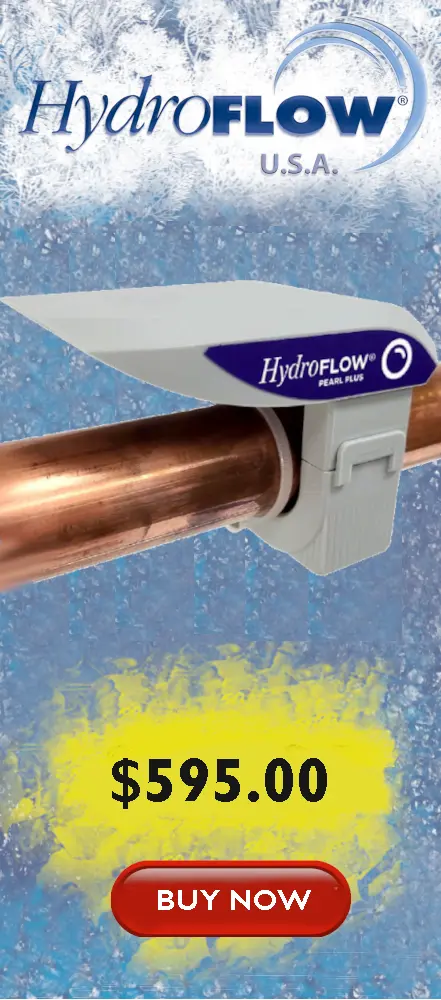Nevada
Water Quality in the State of Nevada
Most of Nevada’s population lives in the city of Las Vegas, which has extremely hard water. Nearly 90% of Las Vegas water comes from Lake Mead. The remaining 10% comes from wells that tap into an aquifer beneath the Las Vegas Valley known as the Basin Range Aquifers. These aquifers are naturally replenished by precipitation in the Spring Mountains. For the most part, the rest of the state relies heavily on underground aquifers to provide water services outside of the major cities.
When rain falls, it gathers in lakes and aquifers. Rock formations in these bodies of water begin to slowly melt and enrich the water with dissolved minerals. The greater the number of dissolved minerals in the water, the harder it is. Water hardness in Nevada is very high. According to our collected data, averages in the state of Nevada rank as one of the hardest in the US. It’s a problem that most residents deal with.
Nevada Water Hardness by City
How hard is my water?
PPM = Parts Per Million
mg/L = Milligrams Per Liter
gpg = Grains Per Gallon
Mining and Water Hardness
Best known for its gold, silver, and copper production, Nevada is also a significant source of a variety of minerals, such as lithium, iron, and molybdenum. Other industrial minerals used in construction, such as gypsum, limestone, sand, and gravel, are found in abundance in Nevada. With one of the largest geothermal fields in the world, which is “mined” for power generation. The water used in the mining industry is mineral-rich, with a hardness that can reach over 2,000 PPM.
Solutions to your Water Quality Problems
Fixing your water quality issues in the state of Nevada will depend on your specific water source. It is best to test your potable water supply in order to get a better understanding of your water quality. Testing is relatively cheap. The test results will allow you to understand if your potable water has issues that need to be addressed. Common solutions to water contamination problems may include a water filtration system, a reverse osmosis system, or other whole home water treatment solutions.
A problem that almost all Nevada residents will have to deal with is hard water. As an example, Las Vegas water hardness is 278 PPM making solving this issue important to Las Vegas residents. One old-fashioned, inefficient, expensive, and unhealthy method to treat hard water is with a salt-based water softener. Most people don’t realize that if you’re using a water softener, you are basically removing calcium and magnesium from your drinking water and adding salt to your diet. In addition, many states are banning the use of salt-based water softeners.
Alternative water treatment solutions such as “water conditioners” have been gaining popularity in recent years because they are cheap to operate and the best eco-friendly solution for hard water. Hydropath technology, which powers the HydroFLOW water conditioners, is by far the most efficient and cost-effective eco-friendly solution to deal with hard water problems. To learn more about how HydroFLOW solves the problems created by hard water, please check out our technology page. You might want to read this blog that explains the difference between water conditioners and water softeners: Water Conditioner vs. Water Softener Blog.


